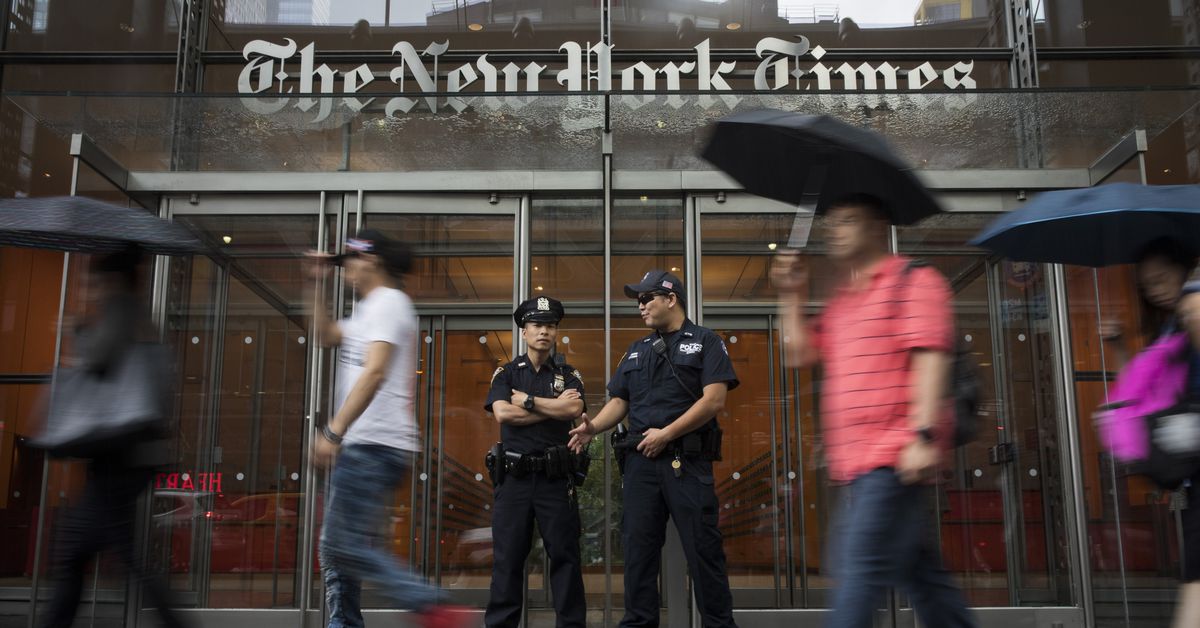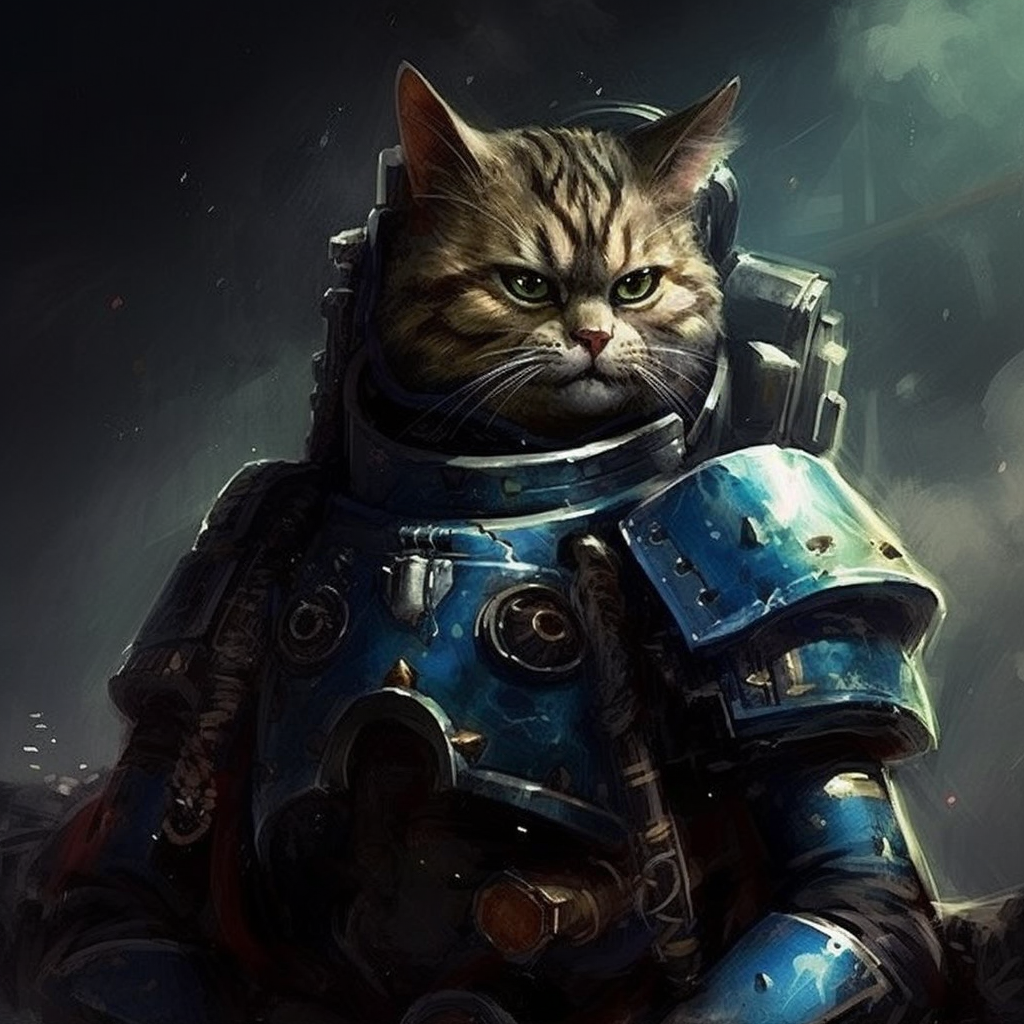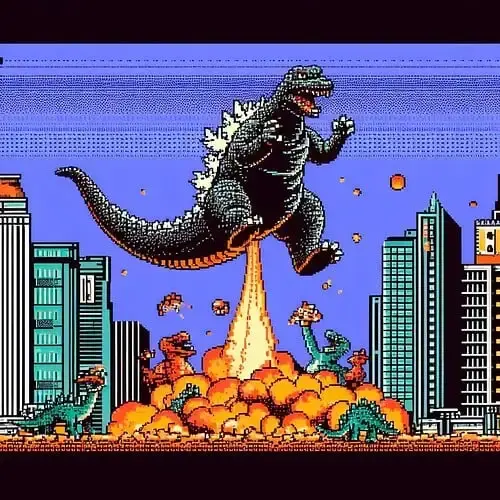A New York Times copyright lawsuit could kill OpenAI::A list of authors and entertainers are also suing the tech company for damages that could total in the billions.
I always say this when this comes up because I really believe it’s the right solution - any generative AI built with unlicensed and/or public works should then be free for the public to use.
If they want to charge for access that’s fine but they should have to go about securing legal rights first. If that’s impossible, they should worry about profits some other way like maybe add-ons such as internet connected AI and so forth.
There’s plenty of money to be made providing infrastructure. Lots of companies make a ton of money providing infrastructure for open source projects.
On another note, why is open AI even called “open”?
On another note, why is open AI even called “open”?
It’s because of the implication…
Not really how it works these days. Look at Uber and Lime/Bird scooters. They basically would just show up to a city and say the hell with the law we are starting our business here. We just call it disruptive technology
Unfortunately true, and the long arm of the law, at least in the business world, isn’t really that long. Would love to see some monopoly busting to scare a few of these big companies into shape.
A very compelling solution! Allows a model of free use while providing an avenue for business to spend time developing it
That goes against the fundamental idea of something being unlicensed, meaning there are no repercussions from using the content.
I think what you mean already exists: open source licenses. Some open source licenses stipulate that the material is free, can be modified, etc. and you can do whatever you want with it, but only on the condition that whatever you create is under the same open source license.
Ugh I see what you mean - no I mean unlicensed as in ‘they didn’t bother to license copyrighted works’ and public as in ‘stuff they scraped from Reddit, Twitter, and etc. without permission from anyone’.
Ah gotcha.
What is unlicensed work? Copyrighted content will not have a licence agreement but this doesn’t mean you can freely infringe on copyright law.
Stuff lile public domain books, I guess, like alice in wonderland, and cc0 content
Right: public works are content in the public domain where the copyright has expired and Creative Commons licenced content is, well, licenced.
By unlicensed I mean works that haven’t been licensed IE anything being used without permission or some other right
Nice idea but how do you propose they pay for the billions of dollars it costs to train and then run said model?
Then don’t do it. Simple as that.
This is why we can’t have nice things
Yeah, Anarchy is such a good thing to teach AI, Kids and others…
Defending scamming as a business model is not a business model.
Would you, after devoting full years of your adult life to the unpaid work of learning the requisite advanced math and computer science needed to develop such a model, like to spend years more of your life to develop a generative AI model without compensation? Within the US, it is legal to use public text for commercial purposes without any need to obtain a permit. Developers of such models deserve to be paid, just like any other workers, and that doesn’t happen unless either we make AI a utility (or something similar) and funnel tax dollars into it or the company charges for the product so it can pay its employees.
I wholeheartedly agree that AI shouldn’t be trained on copyrighted, private, or any other works outside of the public domain. I think that OpenAI’s use of nonpublic material was illegal and unethical, and that they should be legally obligated to scrap their entire model and train another one from legal material. But developers deserve to be paid for their labor and time, and that requires the company that employs them to make money somehow.
Would you, after devoting full years of your adult life to the unpaid work of learning the requisite advanced math and computer science needed to develop such a model, like to spend years more of your life to develop a generative AI model without compensation?
No. I wouldn’t want to write a kernel from scratch for free either. But Linus Torvalds did. He even found a way to monetize it without breaking any laws.
then openai should close its doors
Running AI isn’t free, and AI calculations pollute like a motherfucker
This isn’t me saying you’re wrong on an ethical or judicial standpoint, because on those I agree. It’s just that, on a practical level considerations have to be made.
For me, those considerations alone (and a ton of other considerations such as digital slavery, child porn etc) make me just want to pull the plug already.
AI was fun. It’s a dumb idea for dumb buzzword spewing silicon valley ghouls. Pull the plug and be done with it.
I doubt it. It would likely kill any non Giant tech backed AI companies though
Microsoft has armies of lawyers and cash to pay. It would make life a lot harder, but they’d survive
If OpenAI owns a Copyright on the output of their LLMs, then I side with the NYT.
If the output is public domain–that is you or I could use it commercially without OpenAI’s permission–then I side with OpenAI.
Sort of like how a spell checker works. The dictionary is Copyrighted, the spell check software is Copyrighted, but using it on your document doesn’t grant the spell check vendor any Copyright over it.
I think this strikes a reasonable balance between creators’ IP rights, AI companies’ interest in expansion, and the public interest in having these tools at our disposal. So, in my scheme, either creators get a royalty, or the LLM company doesn’t get to Copyright the outputs. I could even see different AI companies going down different paths and offering different kinds of service based on that distinction.
I want people to take my code if they share their changes (gpl). Taking and not giving back is just free labor.
I think it currently resides with the one doing the generation and not openAI itself. Officially it is a bit unclear.
Hopefully, all gens become copyleft just for the fact that ais tend to repeat themselves. Specific faces will pop up quite often in image gen for example.
If LLMs like ChatGPT are allowed to produce non-copyrighted work after being trained on copyrighted work, you can effectively use them to launder copyright, which would be equivalent to abolishing it at the limit.
A much more elegant and equitable solution would be to just abolish copyright outright. It’s the natural direction of a country that chooses to invest in LLMs anyways.
The NYT has a market cap of about $8B. MSFT has a market cap of about $3T. MSFT could take a controlling interest in the Times for the change it finds in the couch cushions. I’m betting a good chunk of the c-suites of the interested parties have higher personal net worths than the NYT has in market cap.
I have mixed feelings about how generative models are built and used. I have mixed feelings about IP laws. I think there needs to be a distinction between academic research and for-profit applications. I don’t know how to bring the laws into alignment on all of those things.
But I do know that the interested parties who are developing generative models for commercial use, in addition to making their models available for academics and non-commercial applications, could well afford to properly compensate companies for their training data.
deleted by creator
Or Musk when he decided he didn’t like what people were saying on Twitter.
I completely agree. I don’t want them to buy out the NYT, and I would rather move back to the laws that prevented over-consolidation of the media. I think that Sinclair and the consolidated talk radio networks represent a very real source of danger to democracy. I think we should legally restrict the number of markets a particular broadcast company can be in, and I also believe that we can and should come up with an argument that’s the equivalent of the Fairness Doctrine that doesn’t rest on something as physical and mundane as the public airwaves.
Oh no, how terrible. What ever will we do without Shenanigans Inc. 🙄
YES! AI is cool I guess, but the massive AI circlejerk is so irritating though.
If OpenAI can infringe upon all the copyrighted material on the net then the internet can use everything of theirs all for free too.
This would bring up the cost of entry for making a model and nothing more. OpenAI will buy the data if they have too and so will google. The money will only go to the owners of the New York Times and its shareholders, none of the journalists who will be let go in the coming years will see a dime.
We must keep the entry into the AI game as low as possible or the only two players will be Microsoft and Google. And as our economy becomes increasingly AI driven, this will cement them owning it.
Pragmatism or slavery, these are the two options.
[email protected] is deleting their comments and reposting the same comment to dodge replies. Link to the last thread.

deleted by creator
Did you delete your last comment people replied to repost it again without replies? Link to the last thread.

He deleted that one too lmao
This person SUCKS. This has to be the shittiest behavior I’ve seen on Lemmy.
Removed by mod
deleted by creator
He’s not arguing for OpenAI, but for the rest of us. AI is a public technology, but we’re on the verge of losing our ability to participate due to things like this and the megacorps’ attempts at regulatory capture. Which they might just get. Their campaign against AI is a lot like governments’ attempts to destroy encryption. Support open source development, It’s our only chance. Their AI will never work for us. John Carmack put it best.

Fuck "Open"AI, fuck Microsoft. Pragmatism or slavery.
deleted by creator
If you want to know my personal political stance, I think every company with more than 50 or so employees should be owned by the state. I’m for the dismantling of the stock market and the owner caste. I’m also a realist and understand those things won’t come to pass anytime soon. OpenAI will remain and they will happily eat all the fines if it guarantees them a monopoly.
I wasn’t playing devil’s advocate. My point is these legislation only help companies like OpenAI while bringing no benefit whatsoever to any of us.
There are also ways to hold giant megacorporations to a different set of standards than independent developers.
Yes but that isn’t what is being currently proposed, is it?
deleted by creator
deleted by creator
I never claimed to be a copyright lawyer and there is literally no other copyright discussion except the ones pertaining to AI. I touched on my ideals because you were implying I was pro big business.
I always try to have a reasonable discussion with you but you always end up writing these kinds of comments while never adressing my actual arguments. Have a good day bro.
deleted by creator
You edited your comment after I responded. This is what you originally posted:
"That’s a pretty good trick, trying to conflate regulation of OpenAI with other impossible ideals you claim to hold, and drawing a hard line between that and your own suggestion: to let OpenAI win.
I feel sorry for your clients.
(By the way, Grimy claims to be a copyright lawyer, but for some reason he only crawls out of the woodwork when OpenAI is discussed. Sam Altman himself seems like a less biased source for how AI should be treated.)"
deleted by creator
inshallah
Is there a possible way that both the NYT and OpenAI could lose?
Honestly, I’d rather OpenAI lose this one, and NYT lose later on in a much more embarrassing manner that cuts all the golden parachutes
deleted by creator
deleted by creator
Oh great more Lemmy anti technology circlejerking
I never thought that the AI-driven apocalypse could be impeded by a simple lawsuit. And, yet, here we are.
We hold ourselves back for no reason. This stuff doesn’t matter, AI is the future and however we get there is totally fine with me.
AI without proper regulation could be the downfall of humanity. Many pros, but the cons may outweigh them. Opinion.
AI development will not be hamstrung by regulations. If governments want to “regulate” (aka kill) AI, then AI development in their jurisdiction will move elsewhere.
Yeah, like all those pre-80s regulation in the US. Nothing got done due to all those pesky, pesky regulations.











